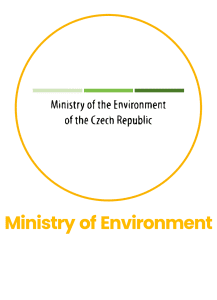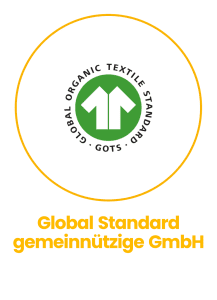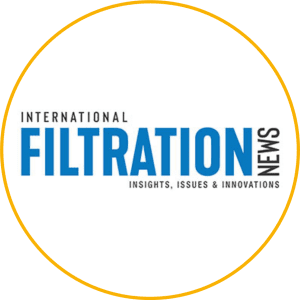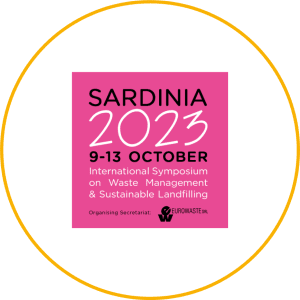The fashion industry, responsible for generating a staggering 8% of all greenhouse gases annually—surpassing the combined emissions of international flights and maritime shipping—is also accountable for 20% of all wastewater. With textile production projected to grow by 63% by 2030 and less than 1% of used materials being recycled, the problem of textile waste ending up in landfills is reaching critical levels.
Sustainability has emerged as an increasingly vital concern in the fashion and textile industry, with consumers and stakeholders growing more conscious of the environmental and social impact of their choices. The urgency to address the production and consumption of textiles has never been greater.
The upcoming European Textile & Fashion Sustainability Forum will focus on key topics such as: the latest developments on the EU Strategy for Sustainable and Circular Textiles, the evolving habits and purchasing decisions of consumers shaping the fashion industry, establishing and operating due diligence procedures to foster an efficient ecosystem, the essential role of transparency and traceability in the textile industry, accelerating the adoption of sustainable innovation, fostering collaboration to scale up industry-wide initiatives, emissions reduction through innovation, closing the loop on textile waste, and strategies to avoid greenwashing when making sustainability claims.
Set against the captivating backdrop of Prague’s stunning beauty, the prestigious Clarion hotel will serve as the esteemed venue for the European Textile & Fashion Sustainability Forum. This transformative event, organized in collaboration with industry leaders, experts, and stakeholders, is dedicated to addressing the pressing sustainability challenges in the fashion and textile industry.
As a special highlight of the event, attendees will have the opportunity to experience an unforgettable dinner aboard Prague Boats. Cruising along the picturesque Vltava River, guests will indulge in delectable cuisine while immersing themselves in the enchanting ambiance of Prague’s breathtaking views. This unique evening offers the perfect setting to network, forge meaningful connections, and savor the captivating atmosphere that only Prague can provide.
Join us at the European Textile & Fashion Sustainability Forum, hosted in the beautiful city of Prague at the prestigious Clarion hotel. Together, we will address the urgent challenges of sustainability in the fashion and textile industry, redefine its future, and create a positive impact. Don’t miss this unparalleled opportunity to contribute to a more sustainable industry and be part of this remarkable event.





































































